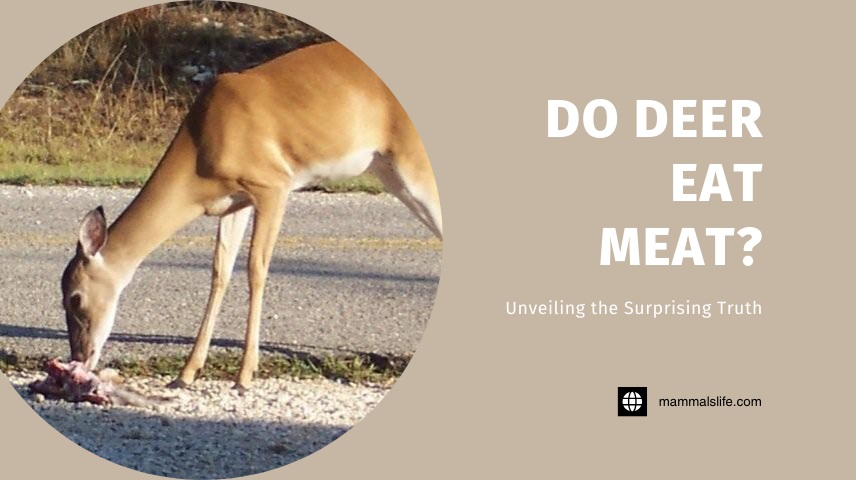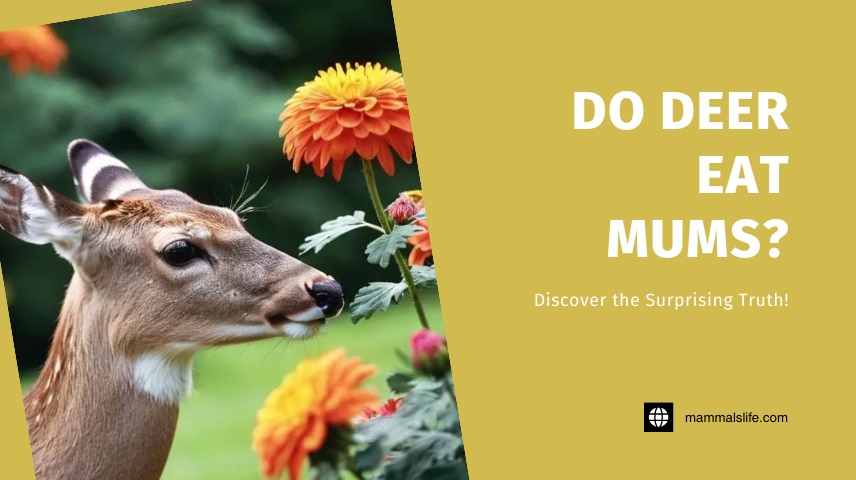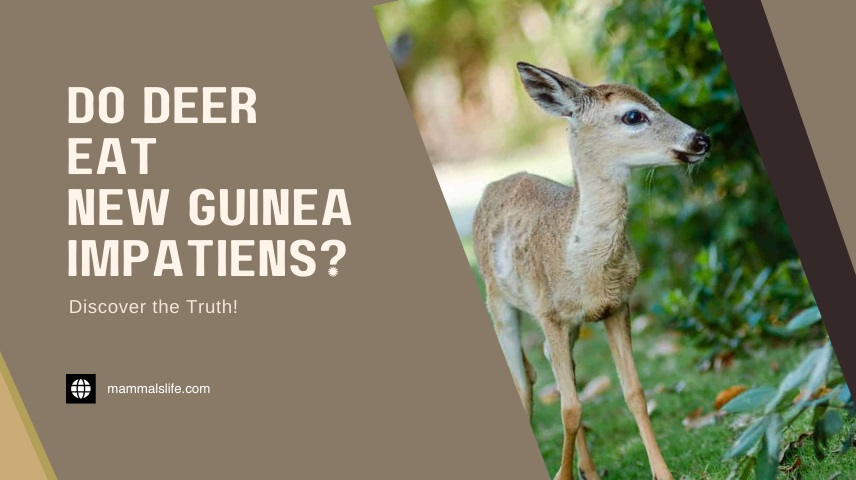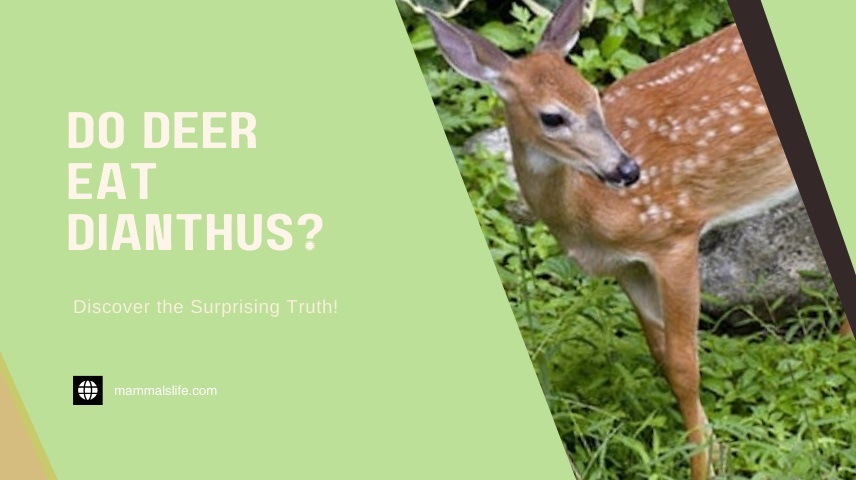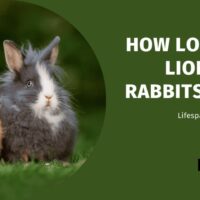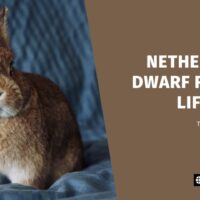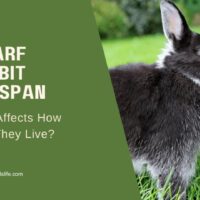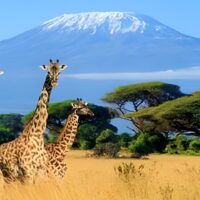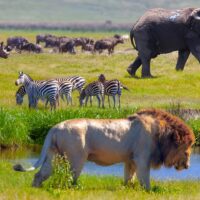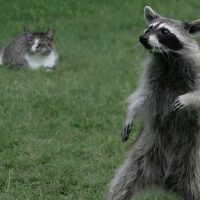Deer are primarily herbivores but can occasionally eat meat. This behavior is rare and usually opportunistic.
Deer, known for their plant-based diet, primarily consume leaves, grasses, and fruits. Despite their herbivorous nature, there are instances where deer have been observed eating meat. These occurrences are rare and usually happen in situations where food is scarce or when they come across carrion.
Opportunistic eating helps them meet nutritional needs that their regular diet might lack. Understanding this behavior can provide deeper insights into the adaptability and survival strategies of deer. While not a common practice, meat consumption among deer is a fascinating example of their ability to occasionally deviate from their typical feeding habits.
Deer’s Natural Diet
Many people think deer only eat plants. This belief is mostly true. Deer are herbivores. They mainly eat plants and vegetation. But do they ever eat meat? Let’s explore their natural diet.
Plant-based Foods
Deer love plant-based foods. They enjoy a variety of plants. Here are some key foods in their diet:
- Grasses: Deer often graze on grass in fields.
- Leaves: They munch on leaves from shrubs and trees.
- Fruits: Apples, berries, and other fruits are favorites.
- Nuts: Acorns and other nuts provide energy.
Seasonal Variations
Deer’s diets change with the seasons. They eat different foods based on availability.
| Season | Foods |
|---|---|
| Spring | Fresh green plants and tender shoots |
| Summer | Leaves, fruits, and some grasses |
| Fall | Nuts, acorns, and fallen fruits |
| Winter | Bark, twigs, and evergreen plants |
Seasonal changes affect food choices. Deer adapt to find what they need.
Read More – Do Deer Eat Celery? Nutritional Value, Deer’s Preference, Health
Instances Of Meat Consumption
Deer are usually known as herbivores, but there are instances where they eat meat. This behavior is rare and often surprises people. Let’s dive into some documented cases and reasons behind this unusual behavior.
Documented Cases
Several documented cases show deer eating meat. These instances are rare but significant. Here are a few examples:
- Scavenging on Carcasses: Some deer have been seen eating dead animals. This usually happens in harsh winters.
- Bird Eggs: Deer sometimes eat bird eggs. This usually occurs when food is scarce.
- Fish Consumption: Rarely, deer have been spotted eating fish. This is mostly observed near water bodies.
Reasons Behind Behavior
Why do deer eat meat? Several reasons could explain this behavior:
- Nutrient Deficiency: Deer might eat meat to get extra nutrients. This helps them survive during food shortages.
- Environmental Stress: Harsh weather or poor habitat can force deer to eat meat. They do this to meet their dietary needs.
- Opportunistic Feeding: Deer might eat meat if they come across it. This is not their primary food source but an occasional supplement.
While deer are primarily herbivores, these instances show their adaptability. Understanding these behaviors can help us learn more about their survival strategies.
Nutritional Needs
Deer are known for their plant-based diet. But do they ever eat meat? Let’s explore their nutritional needs to understand this behavior better.
Essential Nutrients
Deer need a variety of essential nutrients to stay healthy. These include:
- Proteins
- Carbohydrates
- Fats
- Vitamins
- Minerals
They get most of these nutrients from plants like grasses, leaves, and fruits. But sometimes, they might need more.
Dietary Flexibility
Deer are flexible eaters. They adapt their diet based on what is available. In rare cases, they might eat meat for extra nutrients.
This behavior is unusual but not impossible. It usually happens if they lack certain nutrients.
Here’s a comparison of their usual diet versus occasional meat consumption:
| Usual Diet | Occasional Meat Consumption |
|---|---|
| Grass, leaves, fruits | Bird eggs, small animals |
| Rich in fiber | Rich in proteins |
| Commonly available | Less common |
Read More – Do Deer Eat Arborvitae? Signs Of Deer Damage, Alternative Plants
Impact On Health
Deer are typically herbivores, but sometimes they eat meat. This unusual diet can affect their health. Let’s explore the short-term effects and long-term consequences of deer eating meat.
Short-term Effects
Deer eating meat may face immediate health issues. Their stomachs are not designed for meat digestion. This can lead to:
- Stomach Ache: Meat can upset their stomachs.
- Diarrhea: They may experience loose stools.
- Dehydration: Diarrhea can cause them to lose water quickly.
These issues can make deer weak. They may struggle to find food or escape predators.
Long-term Consequences
Long-term meat consumption can have severe effects on deer. Their bodies are not built for a meat-heavy diet. Over time, they may face:
- Organ Damage: Their liver and kidneys can get damaged.
- Weak Immune System: They may get sick more easily.
- Malnutrition: Meat does not provide all needed nutrients.
These long-term issues can reduce their lifespan. Deer may also struggle to reproduce, affecting their population.
| Health Issue | Short-Term | Long-Term |
|---|---|---|
| Stomach Ache | Yes | No |
| Diarrhea | Yes | No |
| Dehydration | Yes | No |
| Organ Damage | No | Yes |
| Weak Immune System | No | Yes |
| Malnutrition | No | Yes |
Read More – Do Deer Eat Mums? Signs, Behavioral Clues, Protecting Your Garden
Ecological Implications
The diet of deer largely consists of plants. But there are rare cases where they eat meat. This unusual behavior can have significant ecological implications. Understanding these can help us grasp the complex relationships within ecosystems.
Predator-prey Dynamics
Predator-prey dynamics involve the interactions between predators and their prey. Deer eating meat can alter these dynamics. Usually, deer are prey for many predators. If deer consume meat, they may reduce the food available for true carnivores. This can lead to competition.
Competition can affect predator populations. Fewer food resources might decrease predator numbers. This can change the balance of the ecosystem. Predators might need to find new food sources. This could lead to unexpected interactions.
Ecosystem Balance
Ecosystem balance relies on stable food webs. Deer eating meat can disrupt these webs. Plants, herbivores, and carnivores all play specific roles. If deer shift from herbivores to occasional carnivores, roles can change.
Here’s a simple table to illustrate the potential shifts:
| Traditional Role | Potential New Role |
|---|---|
| Deer | Occasional Carnivore |
| Predators (e.g., wolves) | Increased Competition |
| Primary Prey (e.g., rodents) | Reduced Population |
Plant populations might also be affected. If deer eat less plant matter, plants might grow more. This can change the landscape and plant diversity.
Nutrient cycles could be impacted too. Meat consumption changes nutrient intake. This can influence deer health and reproduction. Changes in deer populations can ripple through the ecosystem.
Understanding these ecological implications helps in conserving balanced ecosystems. Small changes can have big effects.
Frequently Asked Questions
Do Deer Eat Meat Sometimes?
Yes, deer can eat meat occasionally, especially during harsh winters.
Why Do Deer Eat Meat?
Deer might eat meat to supplement their diet with extra protein.
How Often Do Deer Eat Meat?
Deer rarely eat meat; it’s not a regular part of their diet.
What Kind Of Meat Do Deer Eat?
Deer might consume small mammals, bird eggs, or carrion.
Is Eating Meat Harmful To Deer?
Eating meat is not harmful but is not nutritionally essential for deer.
Do All Deer Species Eat Meat?
Not all deer species eat meat; it varies by individual and situation.
Conclusion
Deer primarily consume plants, but occasionally, they may eat meat. This behavior is rare and often driven by survival needs. Understanding their diet helps in wildlife management. Observing deer habits can offer valuable insights. By knowing what deer eat, we can better protect and coexist with these fascinating creatures.

